6 Reasons You Should Work in America’s Parks and Forests
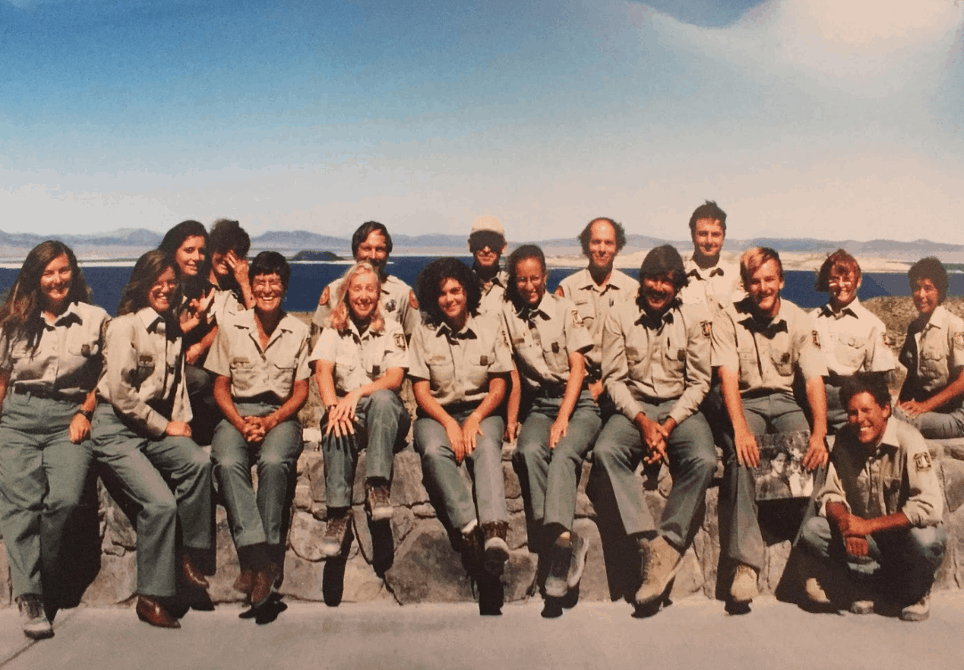
By Andrew Frishman and Bonnie Lathram
Throughout the Gen DIY series at Getting Smart, we have been writing about the many ways in which students wend their way through college and career.
Back in the 1990s, both of us benefited from formative experiences working summer jobs on public lands–Bonnie in Yellowstone National Park; Andrew in California’s Inyo National Forest and at the National Marine Fisheries Service Aquarium in Woods Hole, Massachusetts.
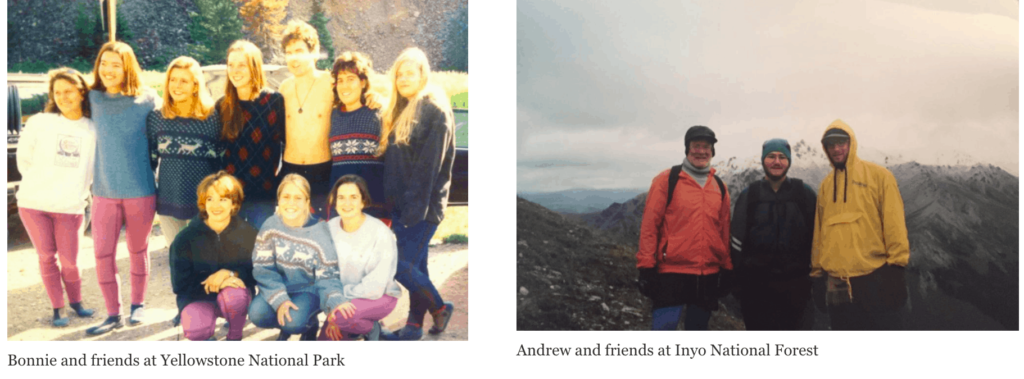
It does not seem a coincidence that we have both subsequently spent our careers helping young people pursue their interests and passions beyond the walls of the classroom by creating meaningful and relevant experiential learning opportunities.
One of the National Park Services’ taglines is “America’s best idea.”
What if America’s best idea was not just the creation of the National Parks, but offering opportunities for everyone in America to learn in one?
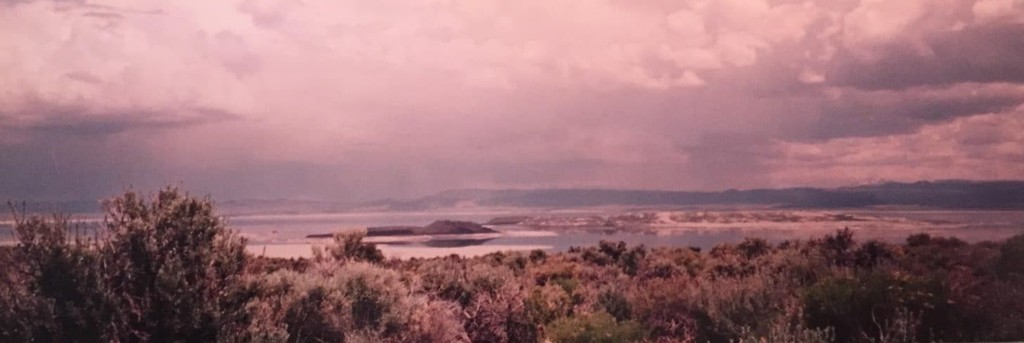
Extending this further, we invite you to imagine how our society might be improved if every person in America had an opportunity to work and learn in a national park.
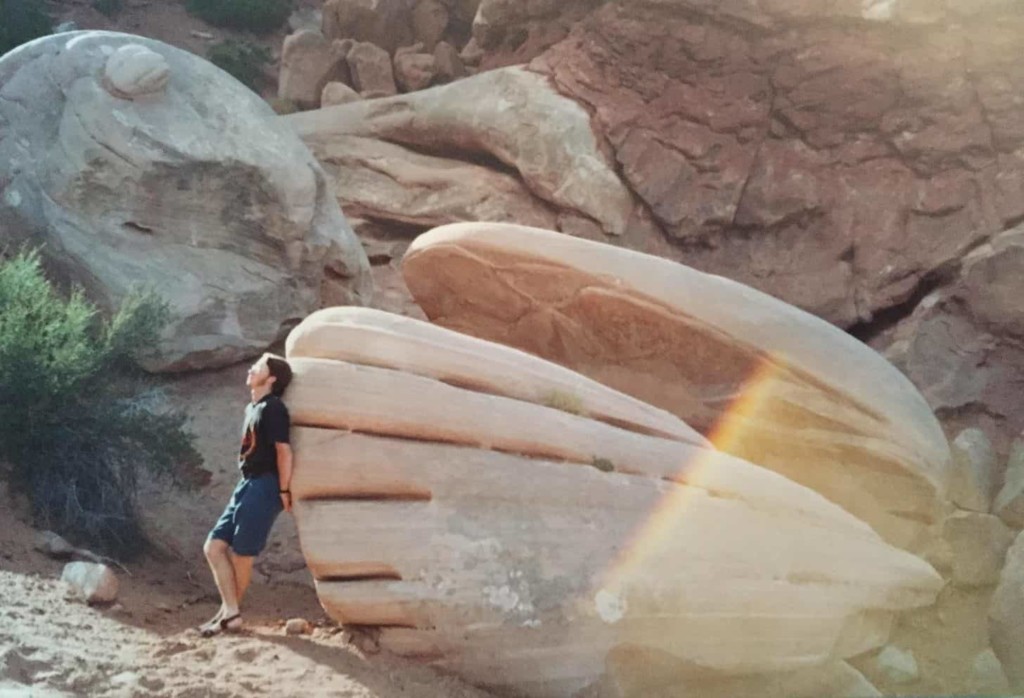 Recently, national parks have been garnering a great deal of attention, and for good reason!
Recently, national parks have been garnering a great deal of attention, and for good reason!
A recent Harvard University study estimated the total value of National Parks alone at over $92 Billion!
Did you know every fourth-grader in America and up to six family members are granted free admission to any national park this school year?
If you have a fourth-grader, grab a car or get on the bus and head to the nearest national park. (Additionally, The National Park Service is also celebrating their 100 year anniversary with free admission days).
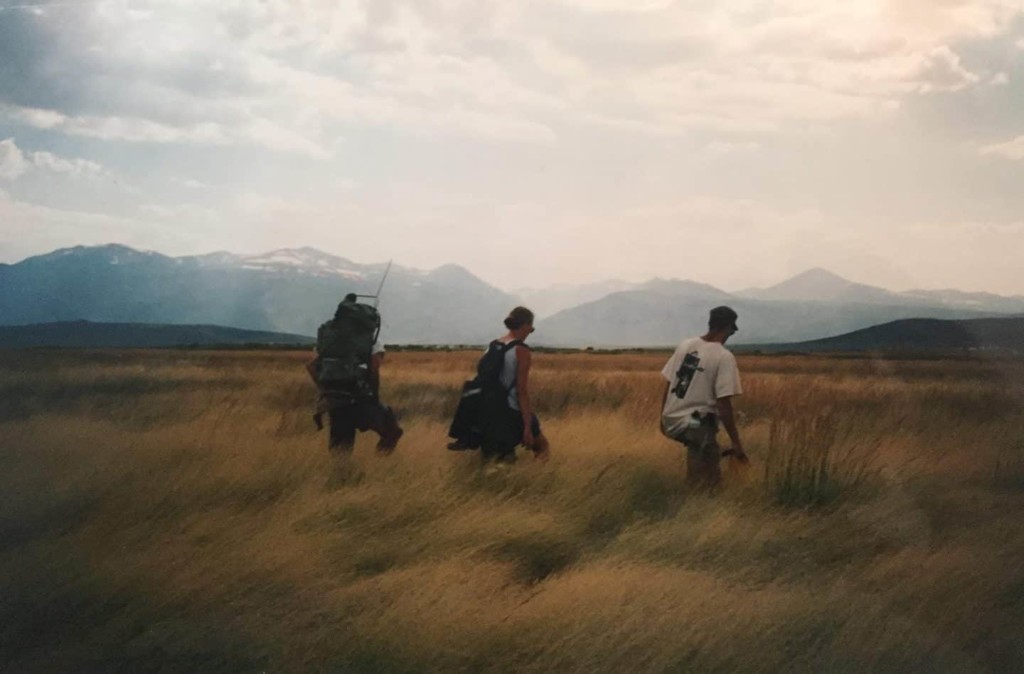 Once you and your students are at the park, encourage all the kids and the adults to pay attention to who’s working inside the park and what they do.
Once you and your students are at the park, encourage all the kids and the adults to pay attention to who’s working inside the park and what they do.
A wide variety of year-round and seasonal employment opportunities abound, ranging from volunteers, retirees in part-time roles, scientists and technical experts of all kinds.
A plethora of career opportunities awaits in the national park!
There are also plenty of young people who head to national parks to work summers as junior rangers, interpreters, coffee baristas, waiters and waitresses, staff members in hotels and more.
Andrew’s first experience in the Inyo National Forest came through the “Student Conservation Association” a non-profit who works to connect high school aged through older adults with seasonal and year-round volunteer and paid opportunities in National Parks, Forests, Monuments, etc.
6 Things We Learned While Working in a National Park
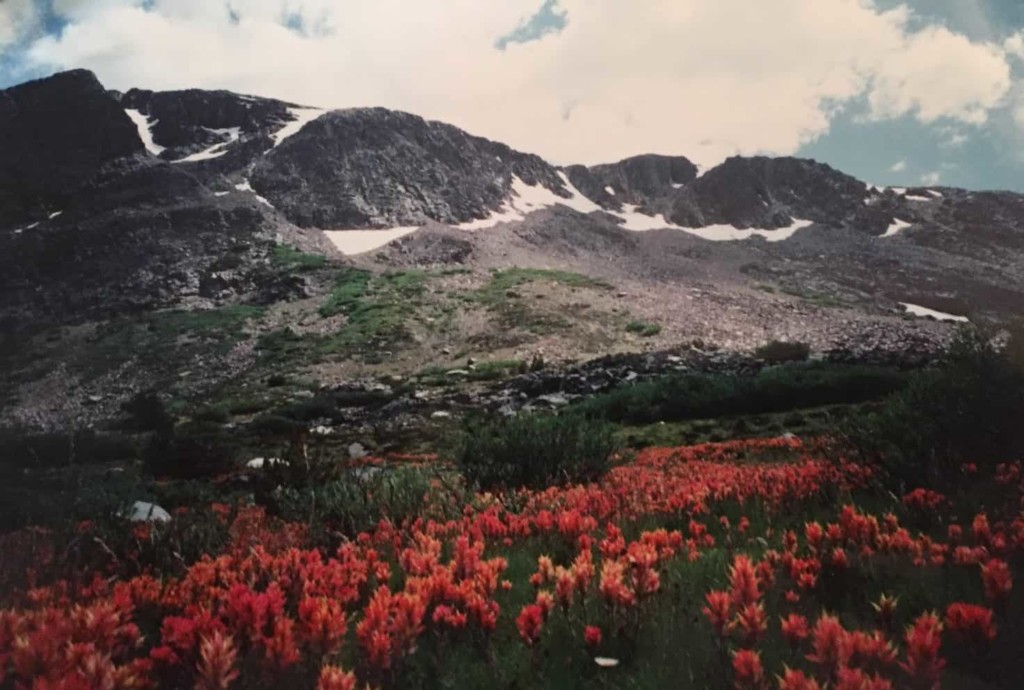 Place-Based Education (PBE, #PlaceBasedEd) is an approach to learning that takes advantage of geography and communities to create authentic, meaningful and engaging situated learning for students.
Place-Based Education (PBE, #PlaceBasedEd) is an approach to learning that takes advantage of geography and communities to create authentic, meaningful and engaging situated learning for students.
More specifically, PBE is defined as an immersive learning experience that “places students in local heritage, cultures, landscapes, opportunities and experiences, and uses these as a foundation for the study of language arts, mathematics, social studies, science and other subjects across the curriculum.”
Even if it is just for a summer, young people have the opportunity to:
1. Learn from people. We worked with people who hailed from places all across the United States and met people visiting from around the world.
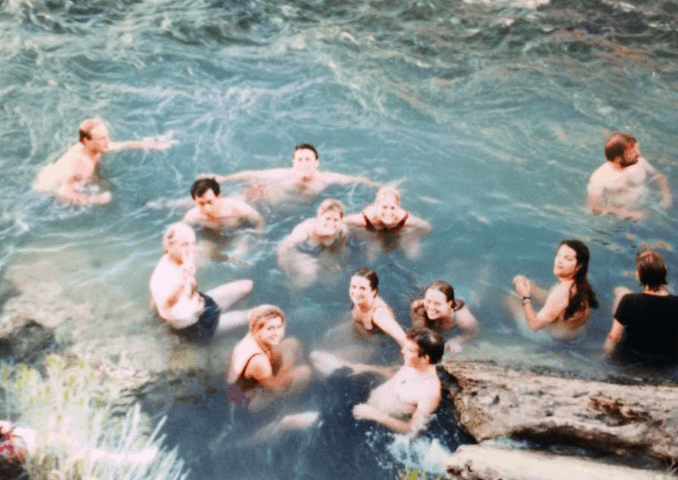 Bonnie’s manager at the coffee stand where she worked was a retired drug store owner from Mississippi. Andrew’s supervisor at the Visitor’s Center was a veteran of the armed forces who had lived in Alaska.
Bonnie’s manager at the coffee stand where she worked was a retired drug store owner from Mississippi. Andrew’s supervisor at the Visitor’s Center was a veteran of the armed forces who had lived in Alaska.
When you work in a national park, you learn to collaborate closely with a diverse group of people. The visitors that we interacted with came from literally all over the globe! This prepares young people for the 21st-century workplace and to be a global citizen.
2. Learn about self. Through his experiences giving the “Seal Talk” at feeding time at the aquarium, Andrew overcame his fear of public speaking. Interacting with visitors at the information desk improved his communication and problem-solving skills.
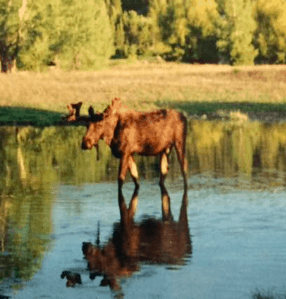 3. Learn from the outdoors/animals/nature. Our country’s public lands and landmarks include some of the most pristine and complex ecosystems that remain in this country. Each one is a unique environment warranting exploration and from which broader truths can be learned.
3. Learn from the outdoors/animals/nature. Our country’s public lands and landmarks include some of the most pristine and complex ecosystems that remain in this country. Each one is a unique environment warranting exploration and from which broader truths can be learned.
4. Learn from the unknown. Prior to working at the Inyo National Forest in California, Andrew had never traveled west of Pennsylvania! The opportunity to work on the shores of an inland salt lake, to learn from experts at the Mono Lake Committee, and to viscerally experience the uniquely fragile ecosystem, threatened by an inexorable thirst created by water diversions to feed the ever-growing population in Southern California was an invaluable way of concretizing for Andrew the challenges to sustainability brought about by increasing population on our planet.
5. Learn while doing nothing. Working in these environs offer off-time in the midst of natural splendor. Much as Henry David Thoreau reached transcendental understandings, you can come to your own “Walden-esque” realizations.
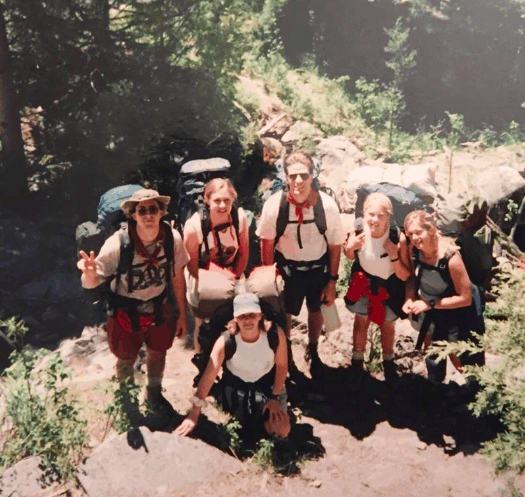 6. Learn under duress. Bonnie did see a rattlesnake on a hike and had to walk past it. It was either go down a sheer face cliff or walk past the snake. Andrew was once tailed by a curious (and ambitious!?!) bobcat.
6. Learn under duress. Bonnie did see a rattlesnake on a hike and had to walk past it. It was either go down a sheer face cliff or walk past the snake. Andrew was once tailed by a curious (and ambitious!?!) bobcat.
Susan Martin Davis, a school administrator who spent two summers as a waitress at Canyon Village in Yellowstone National Park, summed up her experience this way:
“For me, it was a life changing experience. I signed up on a whim and upon the recommendation of my friend’s parents, who traveled to Yellowstone and noticed the college kids employed there. I had not had the opportunity to travel much and had not really hiked or camped.
‘We drove from the middle of Tennessee to Wyoming and experienced all the sights along the way. While at Yellowstone, I loved the freedom, the incredible natural world, the animals, working and meeting people of all ages and backgrounds, the ability to hike, camp, fish, etc. It definitely helped shape who I am today. I only wish I had gone earlier. I will encourage my daughters to apply to work there or at other national parks. It was such a great experience and one that remains close to my heart.”
Call to Action
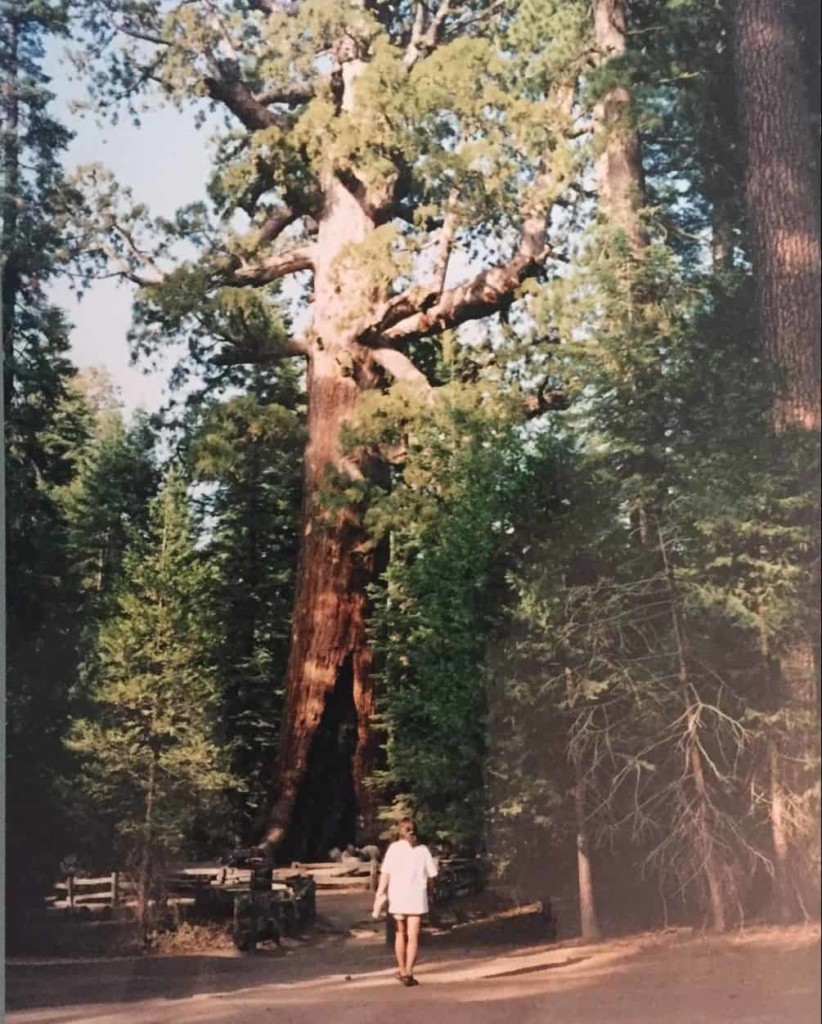 Work in a park. There are lots of resources for working in a national park here or the forests here. Bonnie actually worked at stores that are privately operated inside Yellowstone National Park. There are people needed to do a variety of service positions, such as what Bonnie did scooping ice cream and making coffee.
Work in a park. There are lots of resources for working in a national park here or the forests here. Bonnie actually worked at stores that are privately operated inside Yellowstone National Park. There are people needed to do a variety of service positions, such as what Bonnie did scooping ice cream and making coffee.
For more on Hamilton Stores (a great company with deep history inside Yellowstone), check out their job offerings here.
- Volunteer in a park. The Student Conservation Association is an amazing program with a variety of ways for young people to get involved.
Local communities and states often have ways for young people to get involved in serving and supporting parks and forests in their region.
This blog is part of our “Place-Based Education” blog series. To learn more and contribute a guest post for the series, check out the PBE campaign page. Join in the conversation on social media using #PlaceBasedEd.
For more, see:
- A Place-Based Education (PBE) Thought Leadership Campaign (info on contributing)
- Genius Loci: Place-Based Education & Why It Matters
- Place-Based Education: Communities as Learning Environments
Andrew Frishman is co-executive director of Big Picture Learning, where he works to ensure that students have the opportunity to pursue their interests and passions through “real work in the real world” beyond the walls of classrooms in schools. Follow him at @AndrewFrishman.
Stay in-the-know with all things EdTech and innovations in learning by signing up to receive the weekly Smart Update.
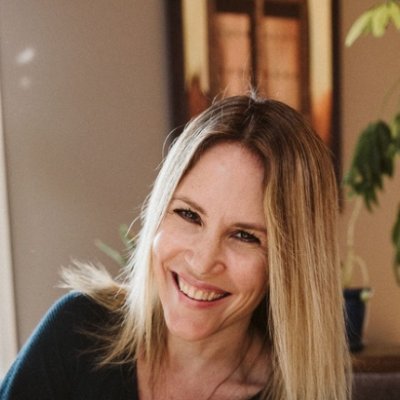



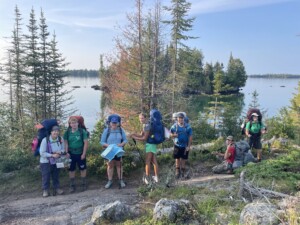


0 Comments
Leave a Comment
Your email address will not be published. All fields are required.